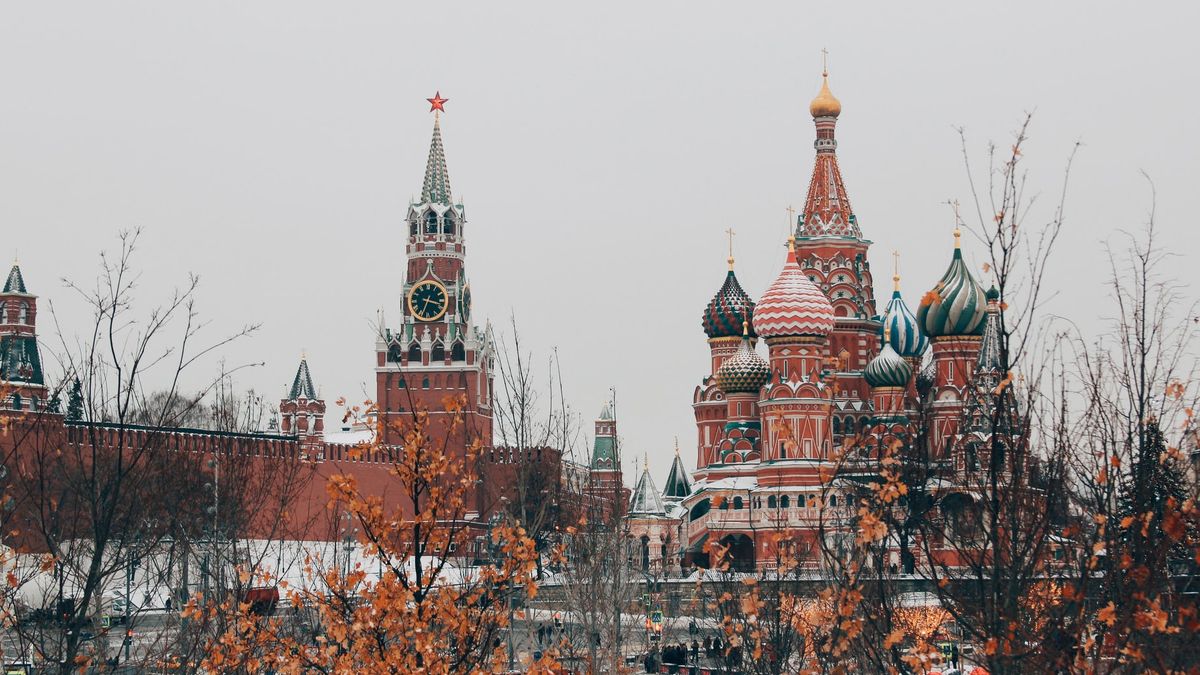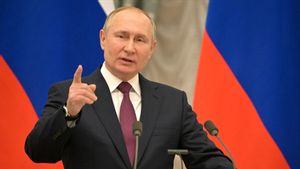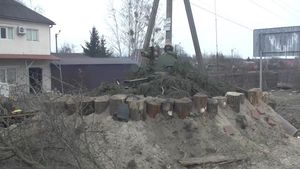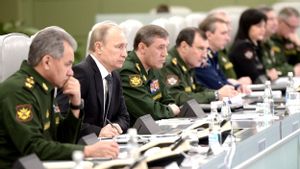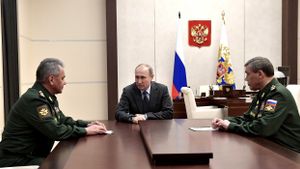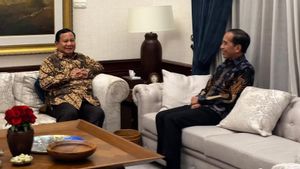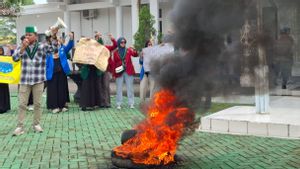JAKARTA - The war of words between the Kremlin and the White House has become a different kind of battle in the midst of the protracted conflict of the Russian war. The Kremlin has again denied accusations by the White House about misinformation received by President Vladimir Putin.
White House officials cited intelligence reports as saying Putin was being misled by advisers who were too afraid to tell the truth how bad the war in Ukraine was and how damaging Western sanctions were.
Beginning on February 24, the Russian invasion was largely stifled and halted on various fronts by fierce resistance from Ukrainian troops, who later managed to recapture swathes of territory although many civilians were still trapped in the towns under siege by Moscow.
Russia's February 24 invasion of its southern neighbor has been halted on many fronts by fierce resistance from Ukrainian forces who have retaken territory even as civilians are trapped in besieged cities.
"We have information that (President) Putin feels misled by the Russian military, which has resulted in ongoing tensions between (President) Putin and his military leadership," Kate Bedingfield, White House communications director.
"We believe that (President) Putin received 'wrong' information from his advisers about how badly the Russian military is performing and how the Russian economy is being crippled by sanctions, because his senior advisers are too afraid to tell the truth," Bedingfield said.
The Kremlin immediately denied the US and British claims.
"This shows that neither the State Department nor the Pentagon have real information about what is happening in the Kremlin," Putin's spokesman Dmitry Peskov told reporters.
"They don't understand President Putin, they don't understand the decision-making mechanisms and they don't understand our style of work," he added.
VOIR éGALEMENT:
Washington's decision to share its intelligence more openly reflects a strategy that had been in place since before the war began. In this regard, it could also complicate Putin's calculations, a US official said.
"This is potentially useful. Does it sow dissension in the ranks? It could make Putin reconsider who he can trust," the official said.
Separately, a senior European diplomat said the US assessment was in line with European thinking.
"Putin thinks things are going better than before. That's the problem if the people around you are 'yes men', or just sitting with them at the end of a very long table," the diplomat said.
The English, Chinese, Japanese, Arabic, and French versions are automatically generated by the AI. So there may still be inaccuracies in translating, please always see Indonesian as our main language. (system supported by DigitalSiber.id)
